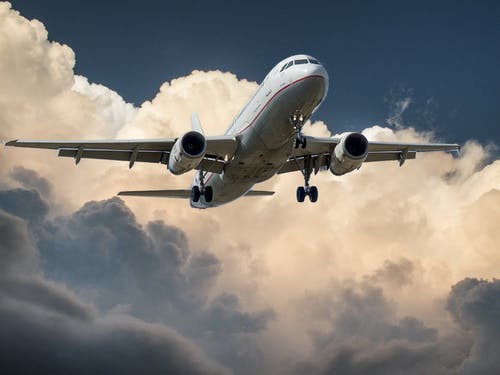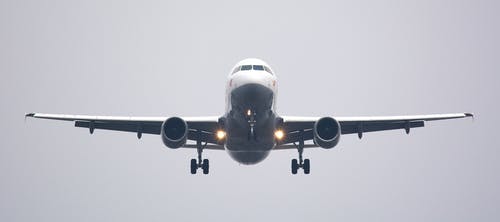
Going for a trip during winter can be challenging because the temperatures are freezing, weather conditions unpredictable, and runways sleek. No wonder most general aviation pilots ground their planes during these cold months.
Although winter flying requires you to exercise extra safety hazards, it’s got many benefits. If you’re on an executive plane like طيران السعودية, you’re likely to notice some wonderful scenic winterscapes. The cold, dense air may also make the aircraft more powerful when taking off. That means you’ll reach your destination faster.
But despite all these, there are some safety tips you need to keep in mind.
Read on to know what they are:
- Fly Non-Stop

One main problem that you may encounter lies at connecting airports. When the weather is unpredictable, flights tend to be canceled. The result? You’ll have to book a hotel to stay in as you wait for your flight to be rescheduled. It’s even worse to get stuck at the airport with no better place to stay.
Flying non-stop can help you avoid these problems. If you have to pass through a connecting airport, ensure you keep an eye on the layover times.
- Confirm Whether Your Airline Conducts Pre-flight Inspections
Winter flights may take longer than summer flights because of unpredictable weather conditions. Moreover, the cold weather may also affect the plane’s functionality. So before you board your favorite airline, you need to confirm whether they performed a pre-flight inspection.
This inspection involves checking the tires, engine, and cockpit. In colder months, tires quickly lose pressure. If they aren’t checked, they may imbalance the plane during take-off. The engines also need to be inspected because small animals tend to hide under the engine’s cowling.
You can know this information by checking the airline’s reputation on the internet. The plane’s company website may also give you some updates.
- Ensure The Plane is Preheated
Regardless of the plane you’re flying in, whether it’s حجز طيران اديل or a small aircraft, confirm if it was preheated. A plane that’s not preheated may find it difficult to start because of a straining battery and starter.
Preheating requires extra care and should be done by experienced personnel. If the engine’s over-primed, the fuel in the induction system may catch fire. It may also spark flags and scour oil in the cylinder.
- Check The Weather Condition
Winter weather conditions are usually volatile. That’s why they account for most flight cancellations in the world. Before boarding an aircraft, pay attention to the storm patterns at your departing city and intended destination. If the metrological department shows that there may be some dangerous wind, ice, or snow on your planned route, cancel your flight.
But if you have to fly against all these odds, it would be better to take a plane that flies next to roads and settlements. That way, in case of an emergency, you’ll quickly get help.
Conclusion
Winter-flying can be great if you know how to assess and manage its risk. If you have good judgment and prepare well, you may find the colder months more enjoyable and less stressful to fly in.
To read more on topics like this, check out the travel category
Leave a Reply